1928
1934
1941
1942
1950
1953
1954
1955
1958
1959
1963
1964
1974
1976
1978

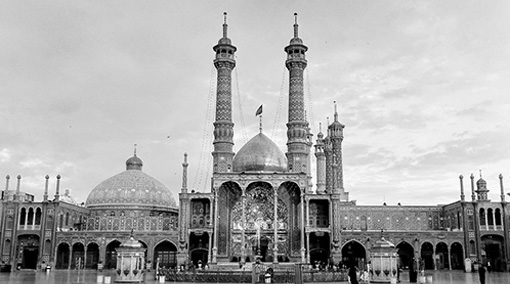
The son of an Ayatollah, Musa Al-Sadr was born in the Iranian city of Qom on 4 June 1928. An important clerical family, the Sadrs originated in Lebanon’s southern Jabal Amel region but would later form transnational links in both Iraq and Iran.

He received his primary education and completed his secondary education in the schools of Qom in the year 1947
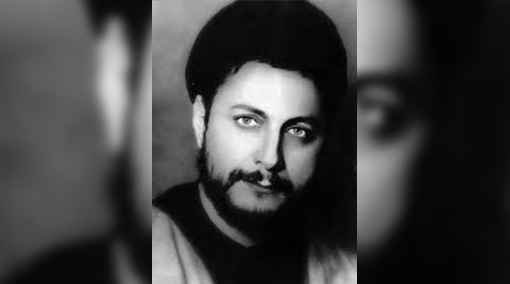
He entered the seminary in his home city of Qom before moving to the holy city of Najaf in Iraq in 1953, a year after his father’s death. He qualified as a mujtahid (an independent jurist in Islamic law) and established contacts with a budding generation of clerical activists.

At the age of fourteen, he published an article under the title “How Long is the Torment” in the Persian newspaper “Istwar” to explain the pain and hopes of the Iranian people.

After completing his primary and secondary education and distinguishing himself in traditional religious studies, Sadr moved to Tehran where he obtained a degree in Law and Economics.

He worked with other university students to confront the popular claims against Islam at the time, such as Marxism and others.

He traveled to Najaf al-Ashraf to pursue higher religious sciences, participated in the “Publishing Forum Society” and became a member of its scientific committee, which was interested in holding cultural seminars and publishing its research and studies.

He married Mrs. Barwin Khalili, the daughter of Sheikh Aziz Allah Khalili, with whom he had four children: Messrs. Sadruddin (1956), Hamid (1959), Hawra (1962) and Maliha (1971).

Sadr returned to Iran, there, he accepted the request of Ali Davani, and became an editor of Darsha’i az maktab-e Eslam, a journal published by the Hawza of Qom. His articles in this field were then published as a book. He soon became the journal’s “de facto editor-in-chief.
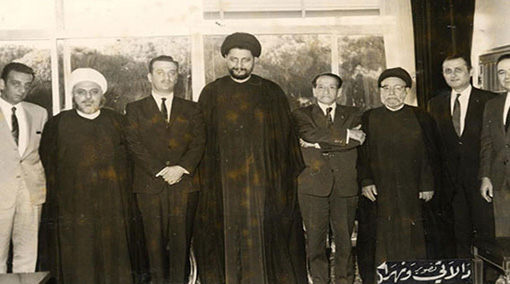
In 1959, Sadr founded a private high school that provided an alternative to the state educational system for “observant parents”.

Sadr established a sewing school and nursery named The Girls’ Home (Bayt al-Fatat). The same year, he established The Institute of Islamic Studies (Ma’had al-Dirasat al-Islamiyya).

Sadr started Burj al-Shimali Technical Institute, whose funding was provided by Shi’a benefactors, bank loans, and the Lebanese Ministry of Education.

Sadr attempted to prevent the descent into violence that eventually led to the Lebanese Civil War by beginning a fast in a mosque in Beirut. There he was visited by Lebanese from all factions – both Muslim and Christian. The formation of a national unity cabinet resulted from the meeting and Sadr’s attempt to establish peace was a temporary success.

However, in 1976, he withdrew his support after the Syrian invasion against Palestinian and leftist militias. He also actively cooperated with Mostafa Chamran, Sadegh Ghotbzadeh, and other Iranian Islamist activists during the civil war.

On 25 August 1978, al-Sadr and two companions, Sheikh Muhammad Yaacoub and journalist Abbas Badreddine, departed for Libya to meet with government officials at the invitation of Muammar Gaddafi. The three were last seen on 31 August. They were never heard from again.
Methodology for Social Change
The means is in no way less important that the end, as uprightness and virtuous conduct are fundamental to successful change. While it is good to arrive to a satisfactory result through a certain process, it is important to achieve that satisfactory outcome every time. This can only be guaranteed by learning the right way which leads to the right outcome.
Imam Moussa As-Sadr, the founder and reference of the foundation’s philosophy, employed methodical, scientific principles at the service of social work. These may be summarized by the following:
– Surveying and assessing socio-economic realities (statistics, research, etc.);
– Adopting a strategic outlook and recognizing the ramifications of deprivation which affect both the disadvantaged and the affluent, plaguing them with social tensions and civil wars;
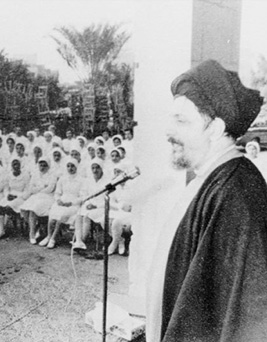
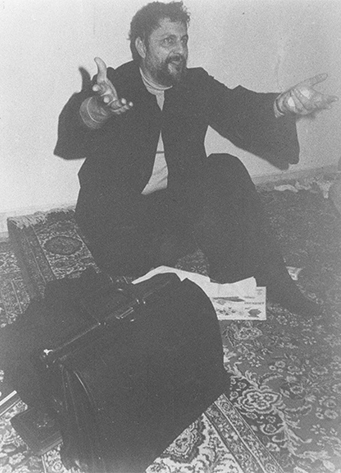
The experience of the Sadr Foundation in Lebanon was crystallized through working with those cast at the margins of economic wrangling, with the disadvantaged. Soon, political factors, war, and sectarianism emerged, making the scene too complicated for a simple approach to be able to address the situation. Deprivation took on various aspects, including social exclusion, political oppression, and environmental degradation. Thus, the account of issues that Imam Sadr Foundation prioritizes as strategic challenges includes:
This approach of Imam Moussa Sadr was to allow the people to determine their everyday needs and to empower them to meet these needs themselves. By people, he meant both men and women; a crucial addition for Middle-Eastern rural and urban communities. This participation generates self-esteem and self-confidence, which are essential conditions for trusting others, subsequently working together and enjoying advancement as an accomplishment. This progress allows, nay reinforces the values of participation, dialogue, and recognition of others, boosting the chances of peace and cooperation. This is true for family life and local endeavors, as well as for relationships between denominations, nations, and peoples. Sadr’s choice to make Lebanon proof of the validity of his thesis in attaining economic, social, and political justice remains a dream that will not be easily accomplished.
Learn more about Imam Moussa Sadr
Historical stations in the biography of His Eminence Imam Moussa Sadr.